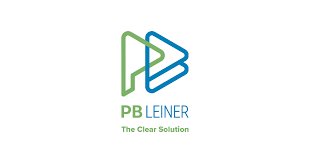Collagen digestion and amino acid absorption kinetics in vivo in humans
Collagen protein is the central structural component of connective tissue within muscle, bone, cartilage and skin. Connective tissue proteins have an important functional role in providing tissue elasticity. For skeletal muscle in particular, connective tissues transmit force generated from the contractile elements in muscle fibers via tendons and ligaments to the bone(s). These connective tissue protein networks are in a constant state of remodelling, mainly regulated by connective protein synthesis rates. Dietary protein ingestion is a major anabolic stimulus and has been well-established to stimulate muscle protein synthesis. Dairy protein is considered the preferred protein source to maximize myofibrillar protein synthesis rates. However, dairy protein contains insufficient glycine and proline to support an increase in connective protein synthesis rates. In contrast, collagen is rich in glycine and proline and has, therefore, been proposed as the preferred protein source to support connective tissue remodelling and, as such, to improve muscle and skin health. However, the digestion and absorption kinetics of collagen peptides and the impact on connective protein synthesis rates in muscle and skin has never been assessed in vivo in humans. In this collaborative project between UM and PB Leiner, we will first produce intrinsically-labelled collagen peptides. For this a cow will be infused with stables isotopes, after which skin and bones will be collected to produce collagen peptides for human consumption. Next, we will apply these intrinsically labelled collagen peptides to quantify collagen peptide digestion and amino acid absorption and connective protein synthesis rates in muscle and skin in humans.
Using stable isotope methodology, this project will generate fundamental knowledge on the bioavailability and anabolic properties of collagen peptide ingestion to support muscle and skin conditioning. This work has great relevance in the areas of ‘health’ and ‘sports nutrition’, and will open up new scientific and business opportunities.


